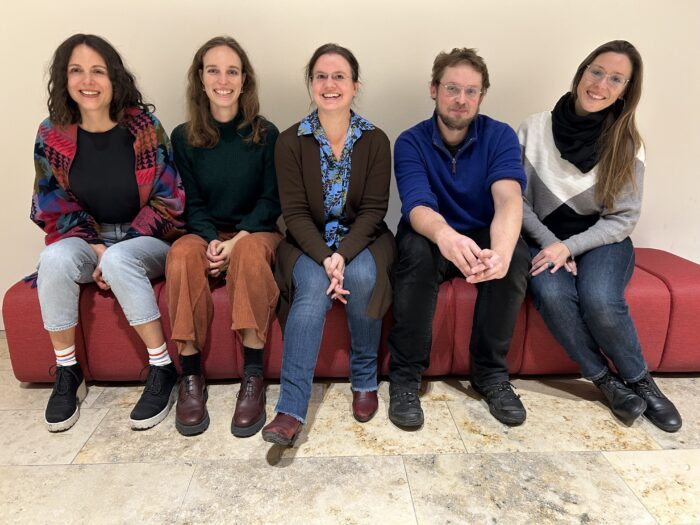The MuLeCo project (Munich Learner Corpus Project) is a collaboration between the Institute of Romance Philology and the IT Group Humanities and is based at the LMU Munich. The aim of MuLeCo is to transfer student productions into a relational database, making them available to the public as empirical data in the form of an error-annotated learner corpus. This corpus can then be used for both didactic and linguistic questions.

What we are doing:
We collect written and spoken productions from learners with L1 German in the three major Romance school languages: French, Italian and Spanish at all levels (A1-C2). We then transcribe and annotate these texts and make them accessible in a corpus database. At the same time, we are also establishing control corpora of students of the same age whose first language is French, Italian, or Spanish. This allows us to establish comparable normative benchmarks based on authentic language data that do not correspond to an ‘ideal speaker’.
Objectives for research into foreign language teaching and learning and foreign language acquisation:
- Insights into the foreign language acquisition processes (transfer, interference, code-switching, cross-linguistic influences etc.) ✓✓
- Evaluation of ‘violations’ in relation to the ‘standard language’ against the background of control corpora of L1 speakers of the same age✓✓
- Better understanding of the multilingual acquisition processes in successive and controlled learning contexts ✓✓
- Better understanding of the challenges faced by foreign language learners in the areas of grammar and lexicon acquisition, text and writing competence, orality ✓
- Development of teaching materials based on empirical data (targeted input manipulation; better attention control facilitation of processing) ✓
- Developing possibilities for adaptive and autonomous learning ✓
- Insights into potential trends that may indicate current language change processes in the first languages ✓
- Insights into the dynamics of adolescent language use in various first languages ✓